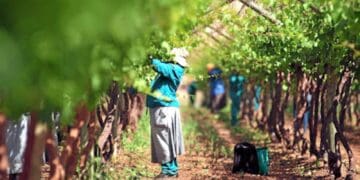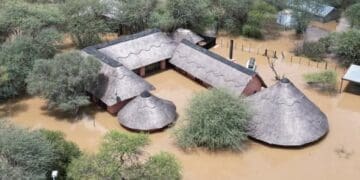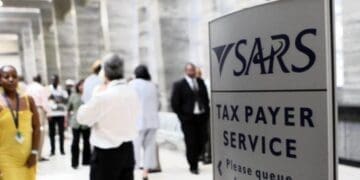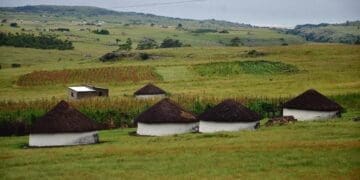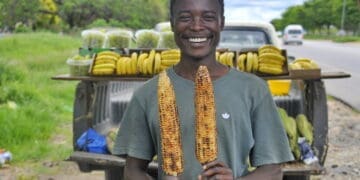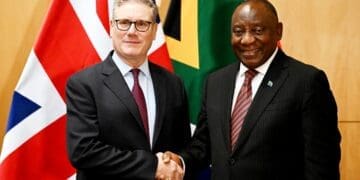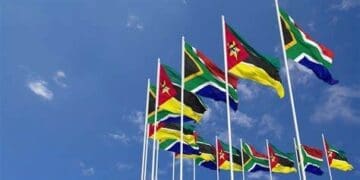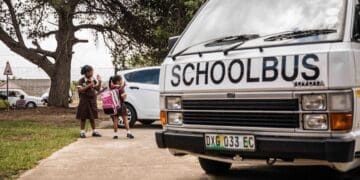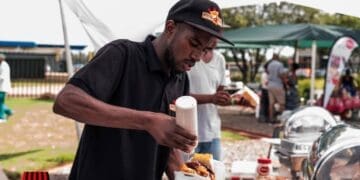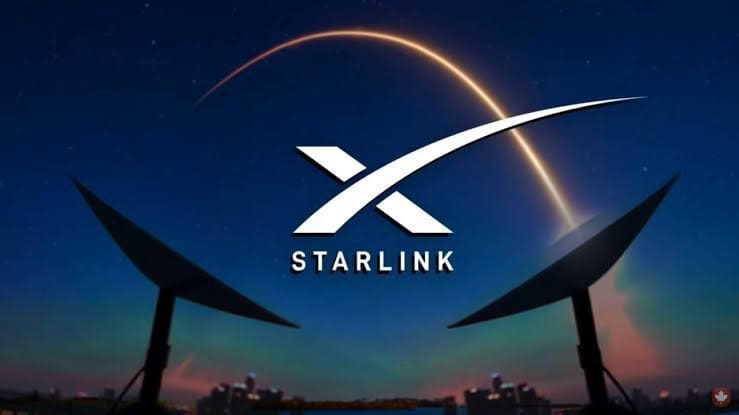Sipho Mokoena, who owns a Johannesburg-based tech distribution company, is preparing his team for what he believes could be a surge in demand for installation and support services for telecommunications provider Starlink.
“If Starlink becomes legal, we’re not just talking about better internet. We’re talking about a whole new supply chain. Someone has to bring the hardware in. Someone has to sell it. Someone has to set it up. That’s where businesses like mine come in,” he said.
Whether or not Starlink is approved, the conversation has already shifted.
Entrepreneurs like Mokoena are preparing, not just to connect South Africa, but to help build the infrastructure that makes that connection possible.
While policy discussions rage over the legal status of Elon Musk’s Starlink in South Africa, a quieter economic opportunity is beginning to take shape.
It could provide a new lifeline for hardware importers, installation technicians and small-scale resellers across the country.
Each connection relies on proprietary hardware, including a dish, router and mounting equipment. If the service is approved for local operation through the Department of Communication’s proposed Equity Equivalent Investment Programme (EEIP), small businesses stand to benefit not only as consumers, but as crucial enablers of this new digital ecosystem.
Beyond reselling equipment, Mokoena sees a larger ecosystem emerging around the hardware.
Starlink dishes require precise installation and regular support, particularly in rural and peri-urban areas where technical literacy and network stability may vary. That opens the door to a network of trained technicians who can offer specialised services.
“There’s a lot more to this than just selling a dish. We’re talking about offering installation, maintenance and even customer education. You could have young people in townships and rural areas being trained to become certified installers. That’s real job creation,” he said.
Mokoena also believes Starlink will trigger innovation in bundled service offerings for small businesses.
With more consistent connectivity, entrepreneurs could offer value-added services like VoIP, web hosting and remote work solutions, even in regions where fibre remains a distant dream.
“Right now, a lot of small businesses can’t scale because they don’t have reliable internet. Starlink can change that. And for people like me, it means creating packages that suit their needs and budgets,” he said.
However, he acknowledges that the cost of hardware remains a concern and could limit accessibility for lower-income businesses. Without partnerships with local banks or funding mechanisms, entry into the Starlink economy may remain out of reach for many.
Still, Mokoena is optimistic. He sees the potential for a cascade of economic activity that could spark growth across multiple sectors.
“Every time a new technology comes in, it creates opportunities around it. We saw it with solar, we saw it with fibre, and we’ll see it with Starlink too. The difference is, this one has the power to reach the most remote corners of the country,” he said.
Currently, South Africans who want Starlink must navigate grey-market imports and international shipping routes, often paying nearly R15,000 upfront for hardware and setup.
A localised rollout could change that entirely. For small businesses, this means access to new stock, new clients and a new revenue stream.






